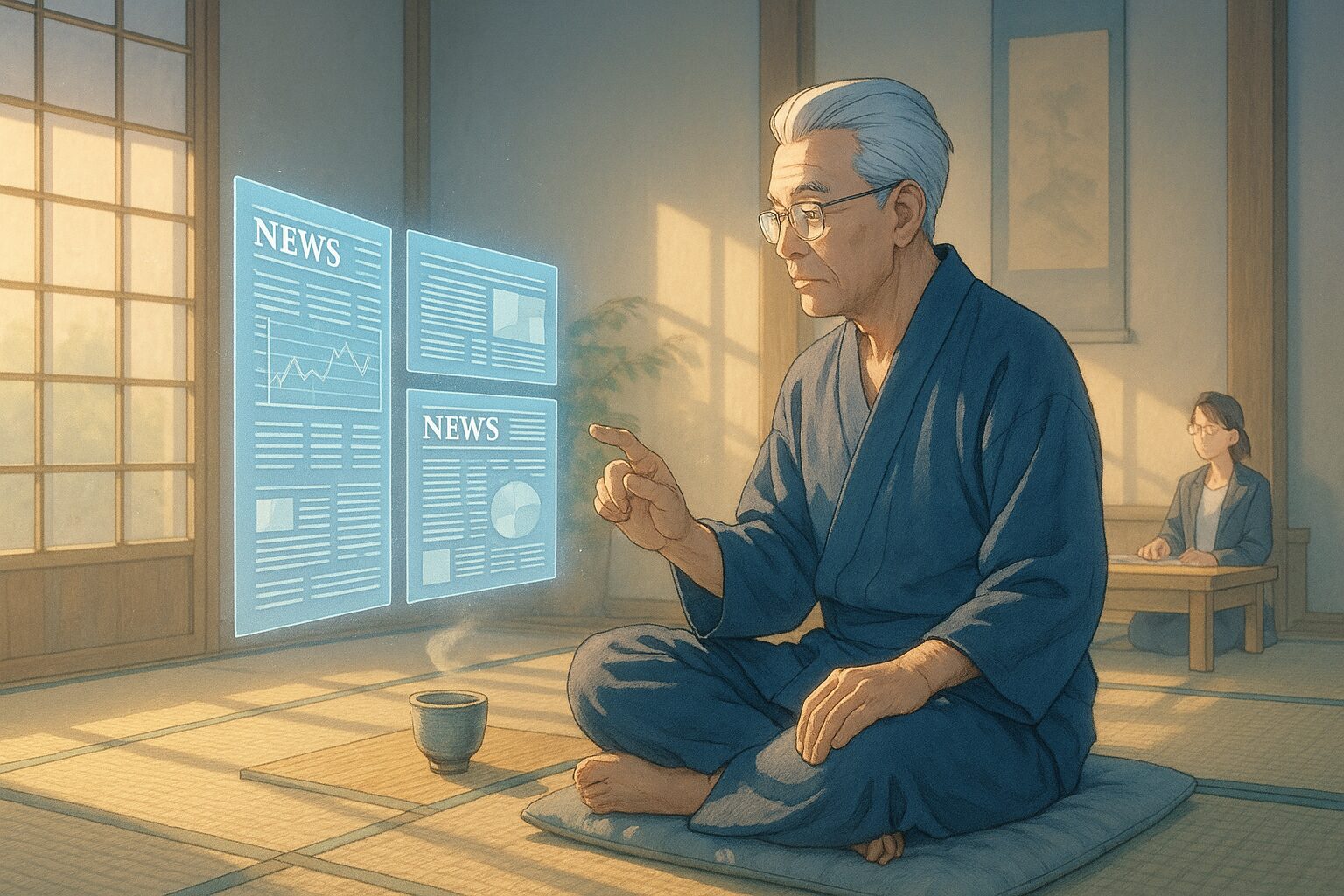How Would Our Lives Change If Roofs Became Power Plants?
The era has arrived where solar panels are standard in future homes. According to new housing standards announced by the UK government, it is recommended that new homes have solar panels installed on their roofs. This could allow new homeowners to save on electricity bills. If this initiative progresses, how will our lives change? Let’s consider the future of energy.
1. Today’s News: What’s Happening?
Source:
https://www.gov.uk/government/news/rooftop-solar-for-new-builds-to-save-people-money
Summary:
- In the UK, it is recommended that new homes be equipped with solar panels.
- The new standards are expected to improve the energy efficiency of newly built homes, reducing residents’ utility bills.
- This initiative is considered an important step toward a sustainable society in the future.
2. The Three Structures Behind It
1. The “Structure” of Current Problems
Currently, many countries are facing serious issues related to energy costs and environmental impact. While the energy supply system continues to rely on fossil fuels, economic hurdles and delays in legal frameworks have hindered the adoption of renewable energy. Given this background, the necessity for sustainable energy policies is increasing.
2. How It Connects to Our Lives
The spread of solar panels may initially seem to be a topic for the energy industry, but it is indeed directly linked to our living costs. Reducing electricity bills can assist households and enhance the quality of life. Additionally, reducing environmental impact contributes to leaving a better planet for future generations.
3. Us as “Choice Makers”
In this new trend, we can increase our energy choices. Whether or not to install solar panels is one consideration, along with choosing energy-efficient products and utilizing government support programs. By taking proactive actions, we can contribute to creating a more sustainable future.
3. IF: What if this continues, what will the future be like?
Hypothesis 1 (Neutral): A Future Where Solar Power is the Norm
The sight of roofs with solar panels will become commonplace, and self-sufficient energy production will become the norm. This will lead to a lifestyle less reliant on electric companies and significantly reduced energy costs. However, measures to address the variability of renewable energy will be required, necessitating advancements in energy management technologies.
Hypothesis 2 (Optimistic): A Future of Greatly Improved Energy Efficiency
With the spread of solar panels, innovations in energy efficiency technologies will progress. Developments in battery and smart grid technologies will establish systems to efficiently utilize surplus electricity. Consequently, the energy supply for entire regions will stabilize, accelerating the construction of a sustainable society. People will become more environmentally conscious and choose eco-friendly lifestyles.
Hypothesis 3 (Pessimistic): A Future Where Energy Diversity is Lost
Over-reliance on solar panels poses the risk of delaying the development of other renewable energy sources. A bias toward specific technologies could lead to a loss of flexibility in energy supply, increasing risks from natural disasters and climate change. Ultimately, energy policy may stagnate, hindering the resolution of environmental issues.
4. What Choices Can We Make Now?
Action Proposals
- Consider energy efficiency when purchasing new homes.
- Install solar panels in existing homes as well.
- Gather information on energy policies and express your opinions.
Thinking Tips
- Reaffirm the importance of renewable energy and sustainability.
- Consider living costs from a long-term perspective.
- Stay updated on technological advancements for improving energy efficiency.
5. Work: What Would You Do?
- Calculate how much you could save on electricity bills by installing solar panels.
- Review the energy efficiency of your home and think about improvements.
- Investigate renewable energy options available in your locality.
6. Conclusion: Preparing for the Next 10 Years to Make Choices Today
It is crucial to consider how future energy circumstances could impact our lives. What kind of future do you envision? Share your comments and thoughts on social media to foster discussions about future energy.









